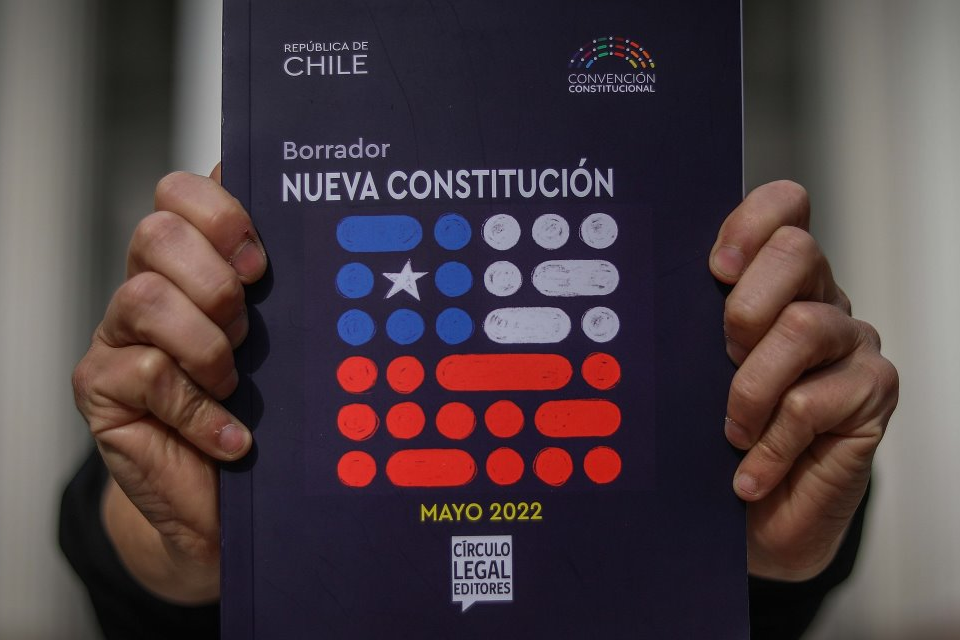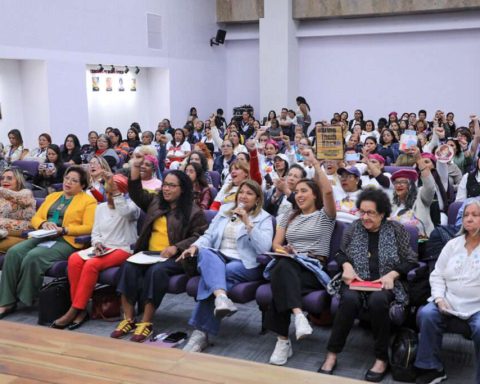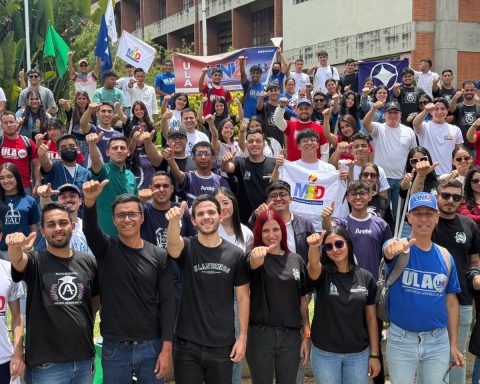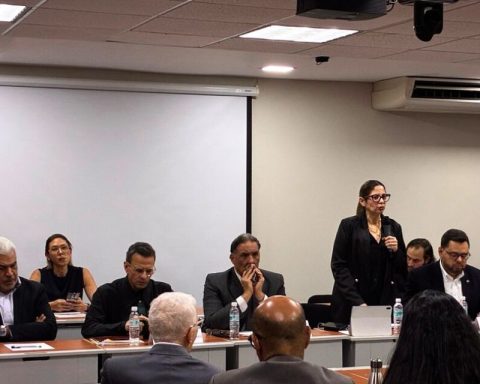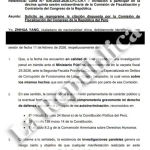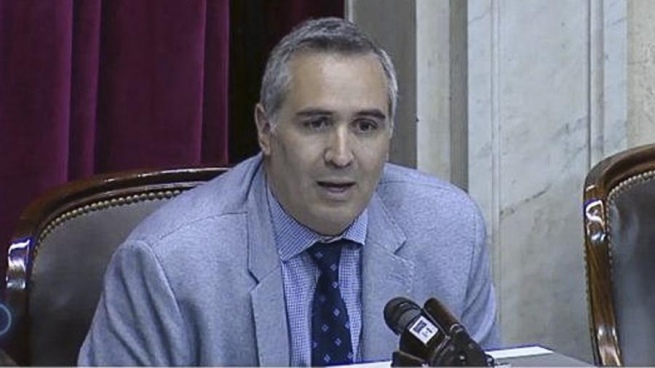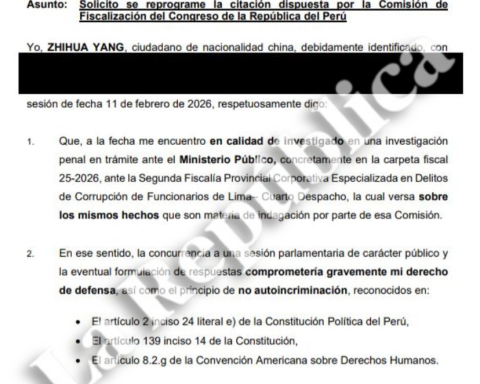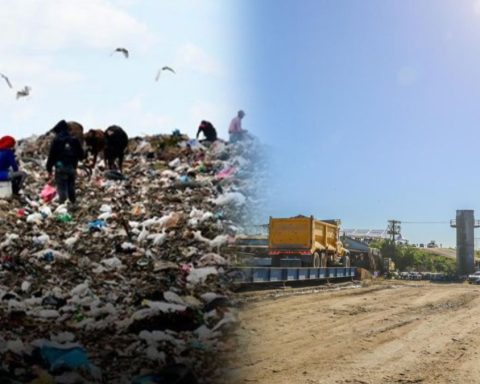It will be the Parliament, “divided 50-50”, that defines the course of the next constitutional process, with which the political leaders agree to carry out although without knowing all the aspects to be taken into account for its execution. Some sectors of the left promote convening a smaller constituent, with 100 representatives and not 155 like the last one, and with a duration of six months and not one year.
62% of Chileans rejected the proposal for a new Constitution in a referendum held on September 4 of this year, in which there was a historic participation of 13 million people. However, the constitutional path is still open, since the citizens did not refuse the change of the Magna Carta but the project presented by the constitutional convention. The best proof of this is that, before going to the polls, 78% of the population expressed their desire for another text to be drawn up.
Chilean journalist Diego Zuñiga spoke about this during CocuyoClaroyRaspao, a space for SuchWhich and Cocuyo Effect, this September 8.
«The Constitution that governs Chile is not exactly that of Pinochet (Augusto Pinochet), it is one reformed in 2005, by President Ricardo Lago, which is not like the one left in the dictatorship because it has many changes, and very profound (… ) but the constitutional path will continue because the Magna Carta of 1980 gave everything it could give and for the citizens this cannot continue (…) it is old and smells bad, “said the reporter.
Zuñiga stressed that, seen from the outside, it is confusing that the “no” has won, but pointed out that there are a number of factors that led to this result, including the plurinationality offered in the constitutional text, which implied the recognition and granting of equality of law for indigenous communities and awakened “underground racism” among Chileans.
«The fact that rights were given to the indigenous people of Chile generated a shock in a sector of the citizenry. Nor was it seen that the Constitution was safeguarding the right to abortion. That was a Constitution that was full of rights, of proposals that in theory served and benefited the sectors harmed by the economic system that exists in the nation, “said the also political editor in the southern newspaper Últimas Noticias.
That Magna Carta generated interest in society because, in his opinion, it was a parity, environmentalist, feminist proposal, “with all the elements that one aspires to at this time.” The reason for its rejection is still not understood and understanding it will be the task that analysts will have for the next few months, in the midst of a new call for a constitutional process, which has already appeared by the president of Chile Gabriel Boric.
«Today Chile has shown to be demanding and to trust in democracy. I heartily appeal to all citizens, regardless of the decision each one has made, to jointly address the construction of the future. It is when we act in unity that we bring out the best in ourselves. (I call) to meet again to make our country great, that is what I invite you to,” said the president during a speech delivered after the results of the elections were known.
In this sense, Zuñiga indicated that the Boric government was badly affected after this process, because it strongly supported the constitutional proposal presented and postponed the implementation of new measures to wait for their approval. Now the right will have more power in the face of the possible future constitutional convention.
It will be the Parliament, “divided 50-50”, that will define the course of the next process, with which the political leaders agree to carry out although without knowing all the aspects of said execution yet.
“In global terms, it guaranteed (the Magna Carta project) the rights that the people were asking for and the leaders support that it must be changed and that it must have general elements: to ensure that there is a social state of law, that there is assurance that the pensions are going to be higher, the public health system stronger and more structured. There are points of agreement at the level that the government met yesterday (September 7) to discuss this,” said the international correspondent and columnist for Qué Pasa magazine.
Zuñiga pointed out that the Communist Party is considering starting everything from scratch, which implies electing new constituents, with seats reserved for indigenous people, etc. Other sectors of the left promote a smaller Constituent Assembly, with 100 representatives and not 155 like the last one, and with a duration of six months and not one year. Meanwhile, other parties propose that a group of experts draft the Constitution, that it be reviewed by the constituents and that it then be submitted to a referendum.
“From now on, the Chilean Congress is the one with the upper hand. They decide the path to be followed, hoping that (the public) will accept the path. Before the voting, a constitutional reform was approved so that all the changes to the Constitution are approved by four-sevenths, which allows an alliance between the center right and the center left to have enough votes to make the modifications. That means leaving out the extreme right and the left, represented by the Communist Party, “explained the journalist.
To learn more about the Chilean political situation, visit the YouTube channel of SuchWhich clicking this link.
Post Views:
126
